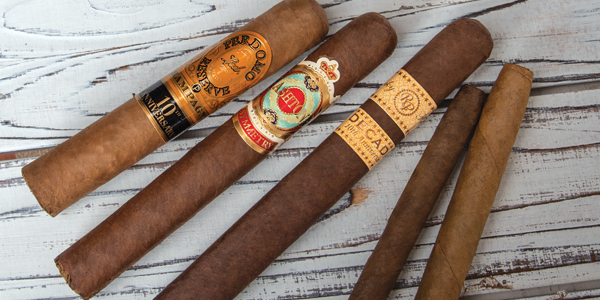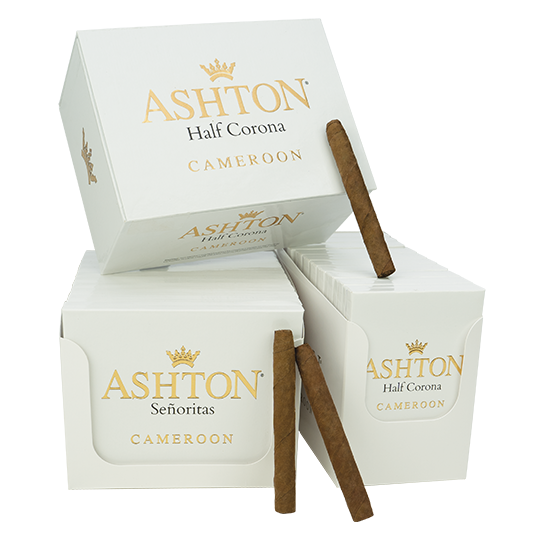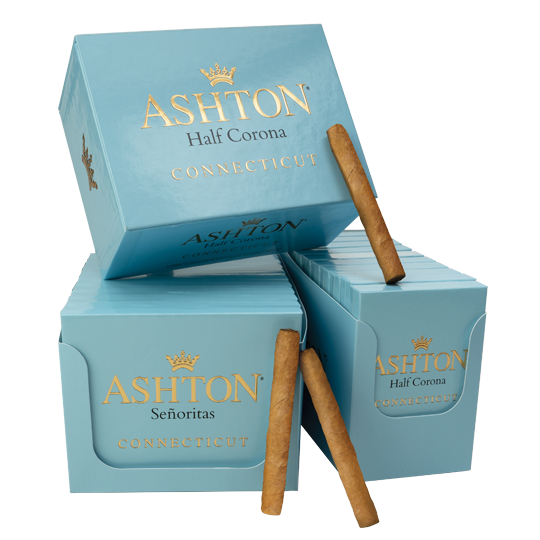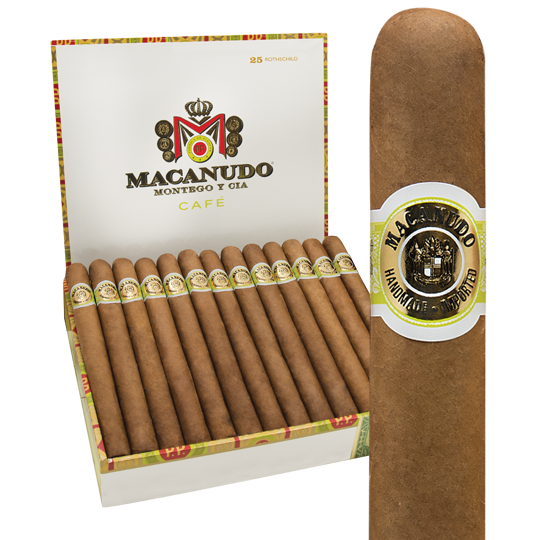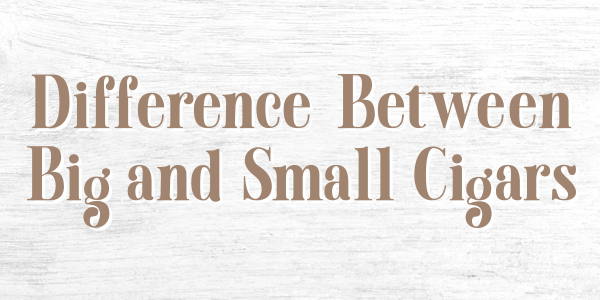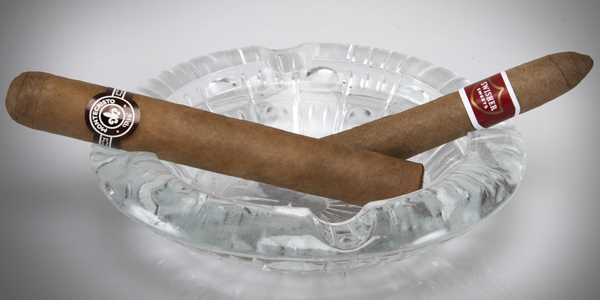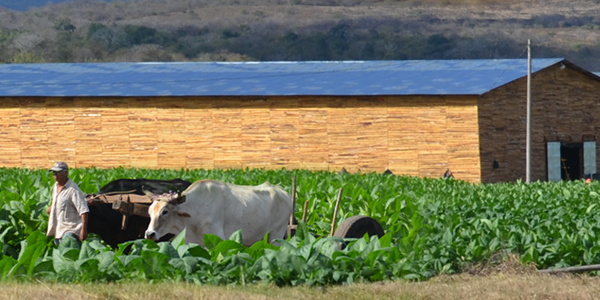The Difference Between Cigars and Cigarillos
While cigars and cigarillos share some common characteristics, they are also very different in a number of ways outside of the most obvious distinction: size. Not every cigar lover has time for a 30, 40, or 60-minute cigar when they’re running to catch a train or they’re stepping out for intermission at the opera. Cigarillos deliver a tasteful alternative to premium handmade cigars in an abbreviated, dry-cured format. While cigarillos simply can’t compare to the nuances of flavor and aroma you’ll discover in traditional handcrafted cigars, they do serve a practical purpose when you’re inspired to smoke and you’ve got limited time to spare.
What Is a Cigarillo?
Cigarillos are petite machine-made smokes, often packaged in tins or packs of 10, 20, 25, or even 50 cigars. Most cigarillos are under a 40 ring gauge in thickness and are less than 5 inches in length. Many cigarillos are made in Europe where the diminutive format has been extraordinarily popular for generations. While there is a solid demand in the U.S., the appetite for cigarillos among European smokers is far more robust. Brands such as Villiger, Henri Wintermans, and Panter have flourished there for years.
The majority of cigarillos are assembled by machine from homogenized short-filler (or chopped up) tobaccos beneath a wrapper that is also applied by machine. The tobacco in cigarillos is typically dry-cured (non-humidified). As a result, cigarillos burn hotter and faster than traditional handmade cigars. While a number of cheap mass-market brands like Backwoods and Blackstone manufacture various flavored versions of cigarillos, the finest cigarillos are available from high-quality cigar-makers known more for their handmade premium portfolios.
The Best Cigarillos You Can Buy
Famous brands like Arturo Fuente, Ashton, Padron, Macanudo, and Davidoff are well-known for the vast number of handmade cigars they produce. However, they’ve also captured the audience for shorter smokes with small-format tins and cigarillos. Popular blends like Arturo Fuente Cubanitos and Ashton Esquire are made in the Dominican Republic. Cubanitos feature a sweet and spicy Cameroon wrapper leaf, while Ashton Esquire is available in a Natural or a Maduro for a nutty, sweet, and peppery profile.
Ashton Small Cigars Cameroon and Ashton Small Cigars Connecticut are crafted in the European Union. Dominican, Cameroon, and Connecticut tobaccos present mellow, approachable, and balanced taste in a pleasant range of classic sizes including Cigarillos (3.75 x 26), Mini Cigarillos (3.25 x 20), Senoritas (3.5 x 30), and Half Coronas (4.125 x 37). Macanudo Ascots have been a bestseller with small-format smokers for decades.
How Cigars Are Different from Cigarillos
Traditional handmade cigars require much more time, patience, and skill to produce, precisely because they are made entirely by hand. Nothing in the process of growing, aging, and making premium cigars can be rushed. Every step requires a great deal of time – planting, harvesting, curing, and fermenting the tobacco to its optimal flavor. Each distinct shape in which a cigar is rolled requires special attention and talent from a roller who can assemble the proper ratio of binder, filler, and wrapper tobaccos perfectly every time. At the end, you’re left with a beautiful, handcrafted work of smokable art which is guaranteed to burn smooth and taste magnificent on a consistent basis. There is no other product like a premium handmade cigar.
But, when you only have a five or ten-minute window to partake, it’s easy to make a strong case for cigarillos. No cigar lover wants to fire up a forty or fifty-minute Robusto from a favorite brand, only to set it down and abandon it with three quarters left to smoke. For the best of both worlds, try an Ashton Cordial. At 5 x 30, Ashton Cordial is a small-format cigar – but, it is still entirely handmade from only the finest premium Dominican tobaccos and a glistening Connecticut Shade wrapper. It boasts a marvelous profile of cashews, almonds, and cedar with a touch of spice in a slender ten to fifteen-minute shape.

